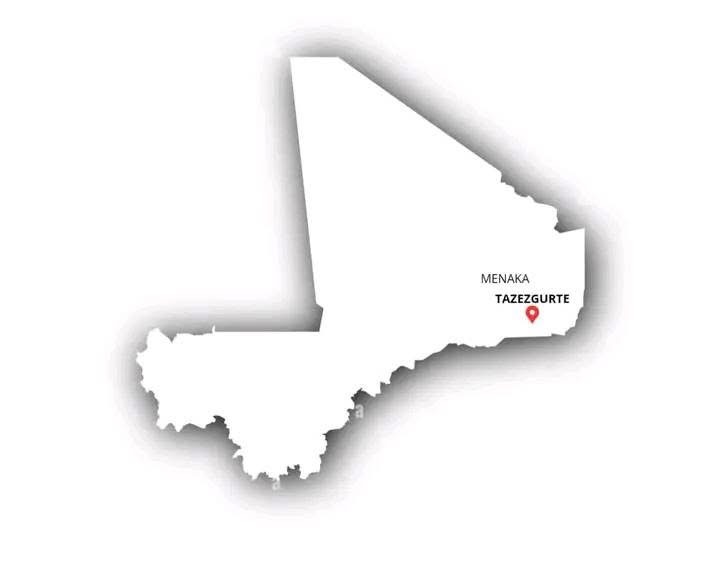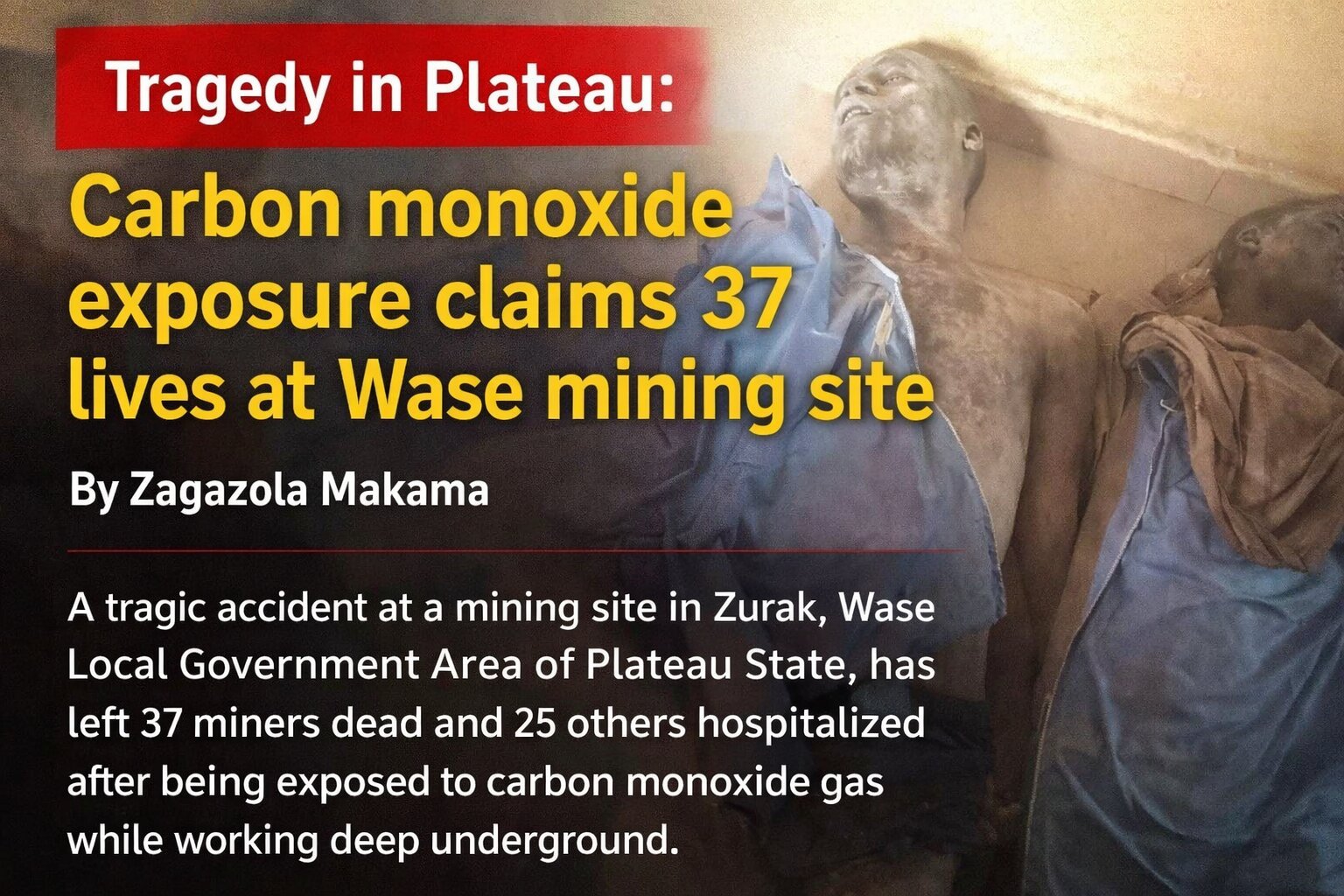Two Egyptians abducted on Bamako–Segou highway as Mali’s insecurity worsens
By: Zagazola Makama
Two Egyptian nationals were on Tuesday reportedly abducted by suspected fighters of Jama’at Nasr al-Islam wal-Muslimin (JNIM) along the Bamako–Segou highway in Mali, underscoring the deepening insecurity and waning control of the ruling junta over key parts of the country.
The incident, which occurred on one of Mali’s most vital transport routes linking the capital Bamako with central regions, has again highlighted the growing audacity of jihadist groups operating within proximity of the capital.
According to security sources, the victims, believed to be businessmen, were intercepted by armed men suspected to belong to the al-Qaeda–linked JNIM network. The attackers reportedly mounted an illegal checkpoint before abducting the two foreigners and disappearing into the bush.
The Bamako–Segou highway, once considered relatively secure, has increasingly become a hotspot for ambushes and kidnappings targeting civilians, security personnel, and foreign nationals.
The incident illustrated the continued erosion of state authority and the inability of the transitional government led by Col. Assimi Goïta to guarantee safety even around the capital.
“This attack is a strong signal that jihadists are expanding their grip towards southern Mali,” said a regional security observer. “If foreigners can be abducted within such a critical corridor, it means the state has lost effective control beyond its own doorstep.”
In recent months, JNIM militants have intensified their attacks across Mali’s central and southern regions, carrying out kidnappings, assassinations, and roadside bombings. Only last month, two Emirati citizens and an Iranian were reportedly kidnapped in Bamako, sparking fears that the insurgents were infiltrating the capital itself.
The situation has prompted a wave of international concern, with several countries advising their nationals to leave Mali or avoid travel altogether.
On October 24, the United States ordered the departure of non-essential personnel and their families from its embassy in Bamako, citing heightened security risks. Canada, the United Kingdom, Australia, and Turkey have issued similar warnings, urging their citizens to leave Mali while commercial flights remain available.
Germany, Switzerland, and New Zealand have also placed the country on maximum alert, warning that the Malian authorities can no longer guarantee security even in the capital.
The latest abduction comes amid mounting criticism of the junta’s reliance on Russian mercenaries from the Wagner Group, who were deployed to bolster security after French and UN forces withdrew. Despite repeated claims of success by the military government, insurgent attacks have continued unabated, spreading from the northern desert to the country’s central and southern regions.
The crisis has pushed Mali to the brink of collapse, with state institutions weakened, trade disrupted, and foreign missions scaling down their operations.
Diplomatic sources in Bamako said that several embassies have begun evacuating non-essential staff, while some officers of the Malian armed forces have reportedly relocated their families to neighbouring Guinea and Côte d’Ivoire in anticipation of further instability.
Mali, once regarded as a model of democracy in West Africa, has been under military rule since 2020 following successive coups. Despite promises to restore peace and stability, the junta has struggled to contain the spread of jihadist violence that has claimed thousands of lives and displaced millions.
JNIM, an al-Qaeda affiliate active across the Sahel, has been responsible for numerous attacks in Mali, Burkina Faso, and Niger, targeting security forces, civilians, and foreign nationals.





























